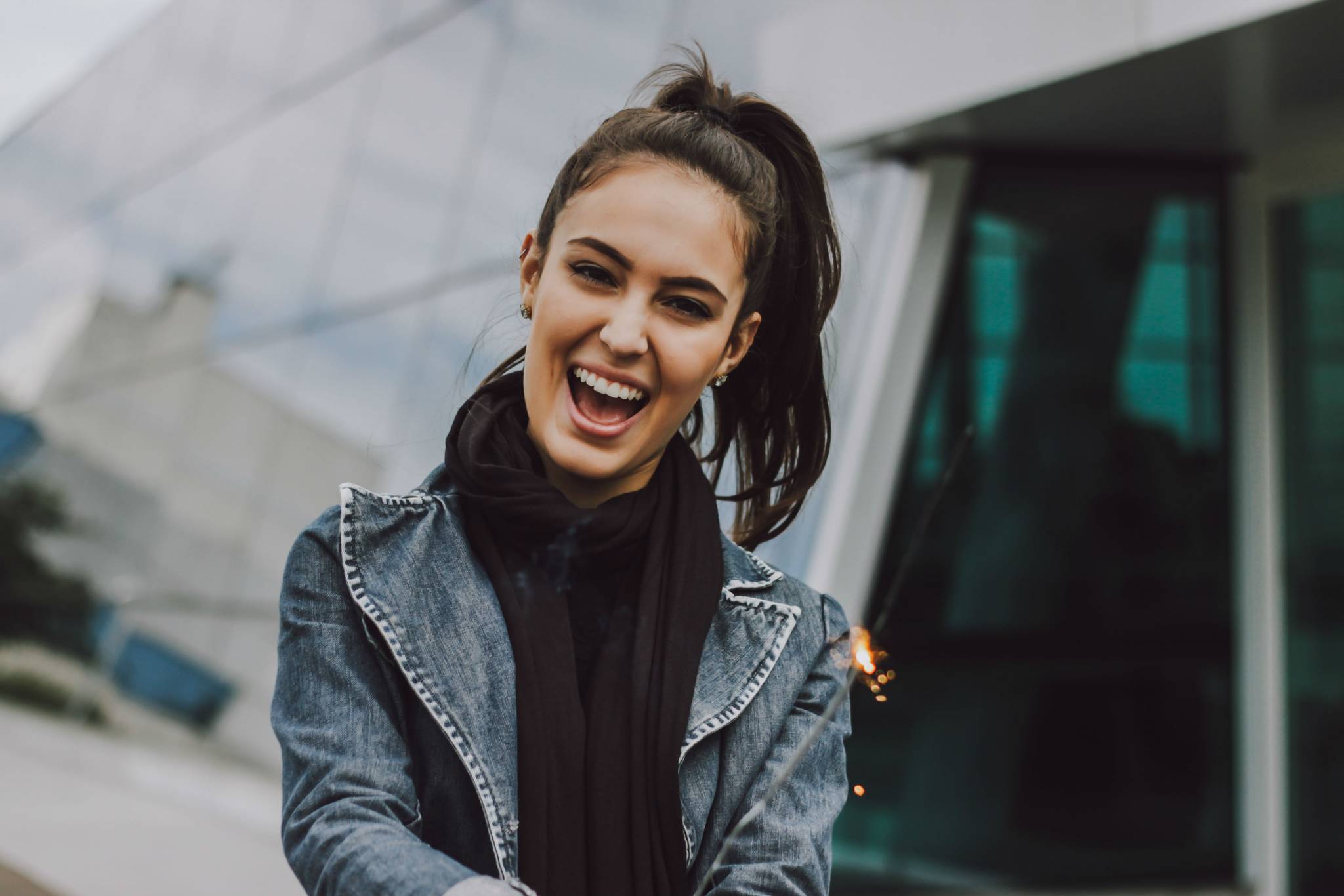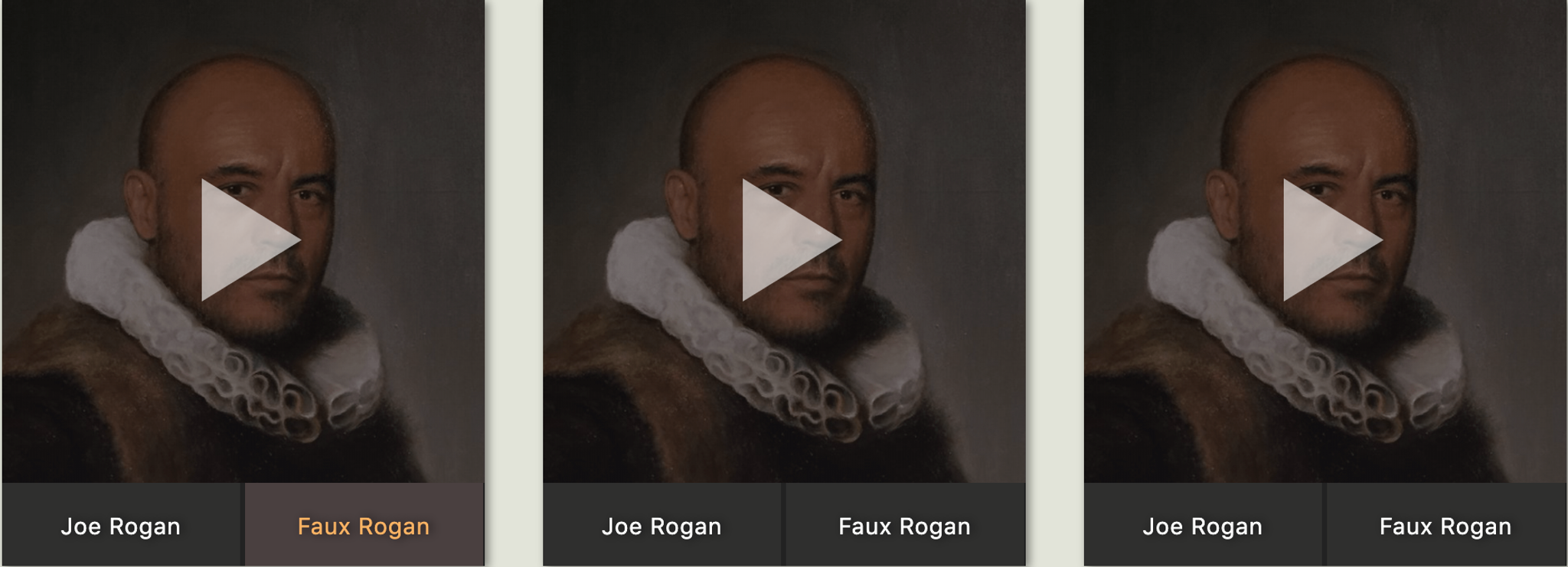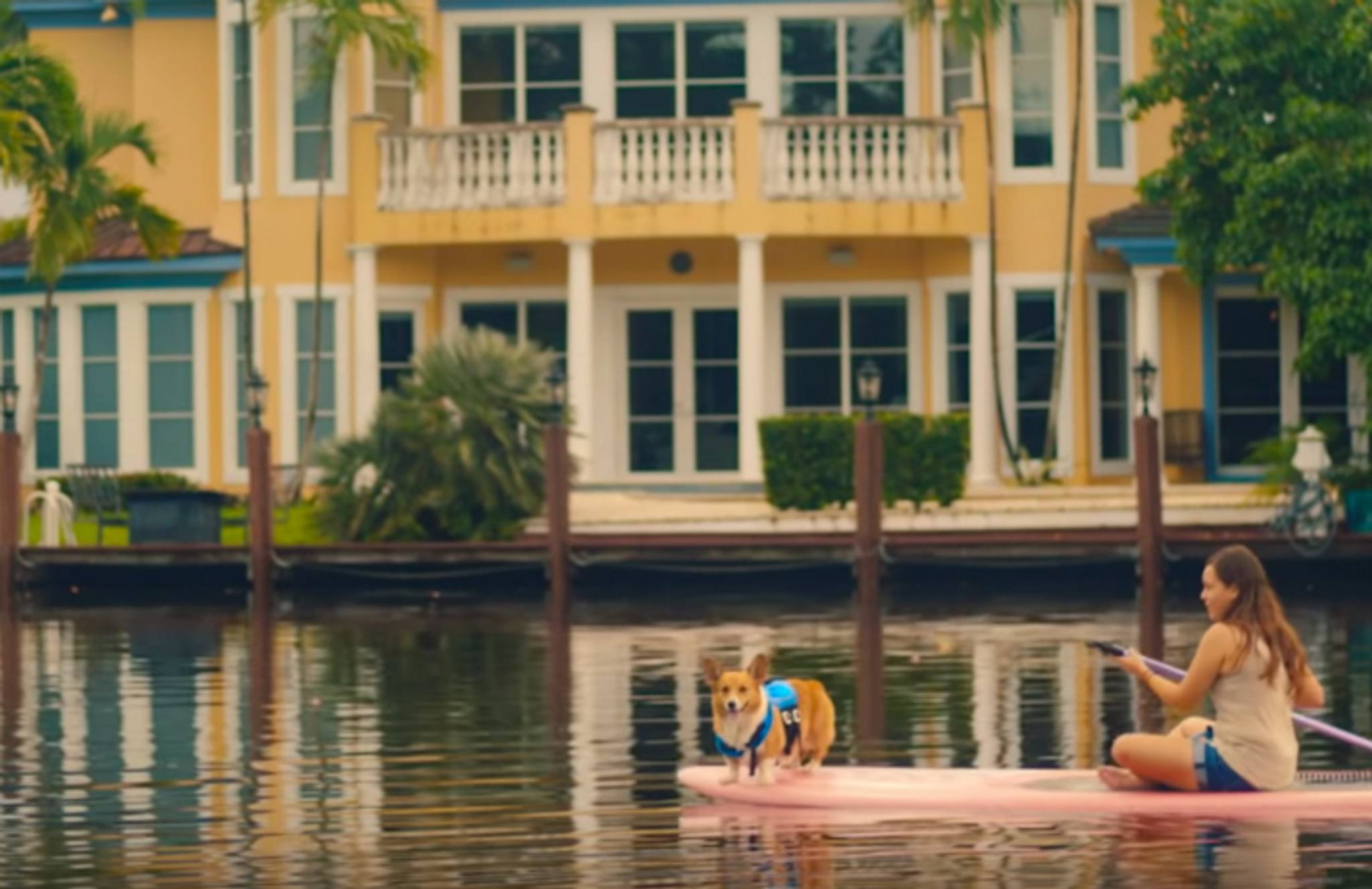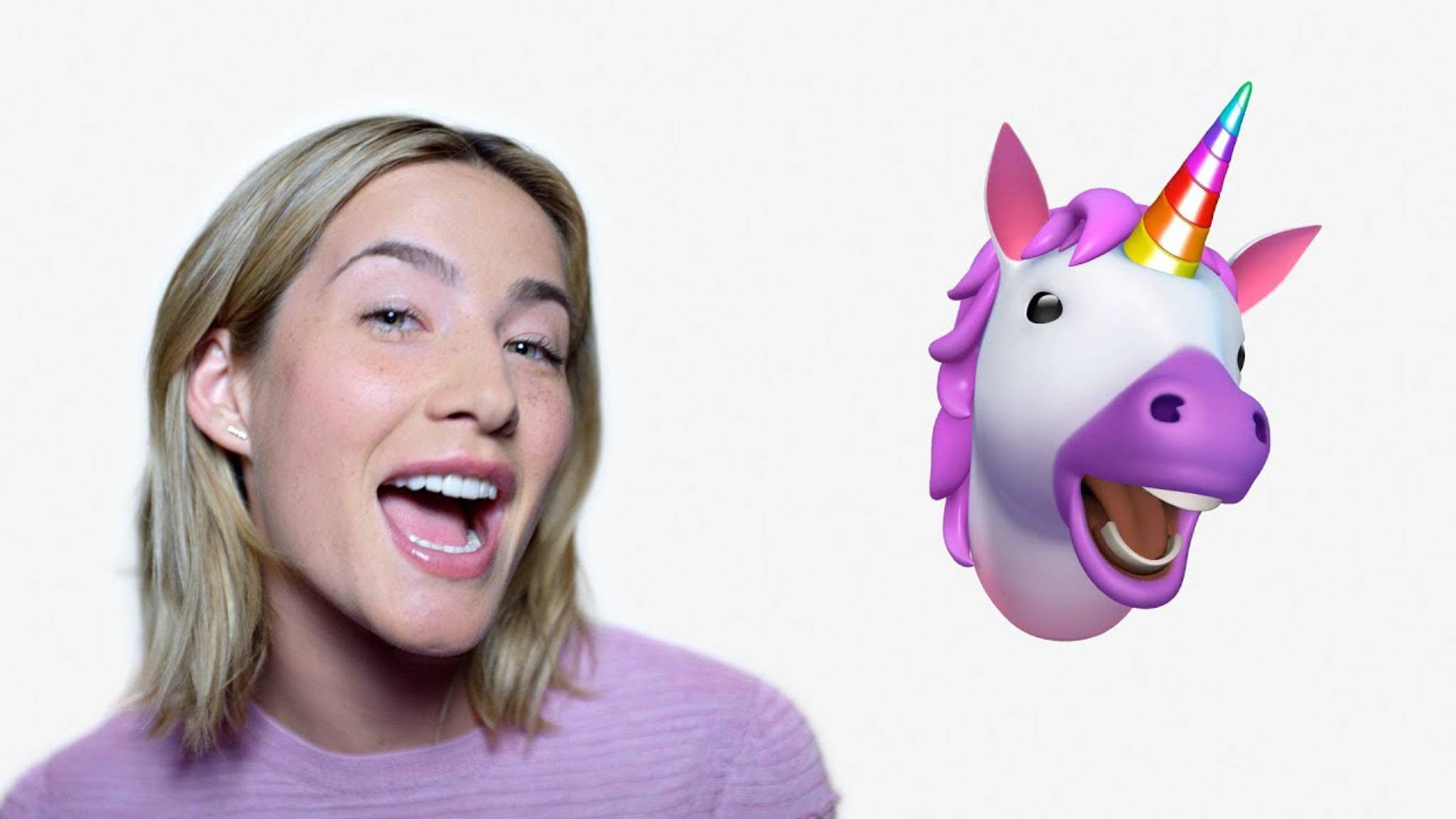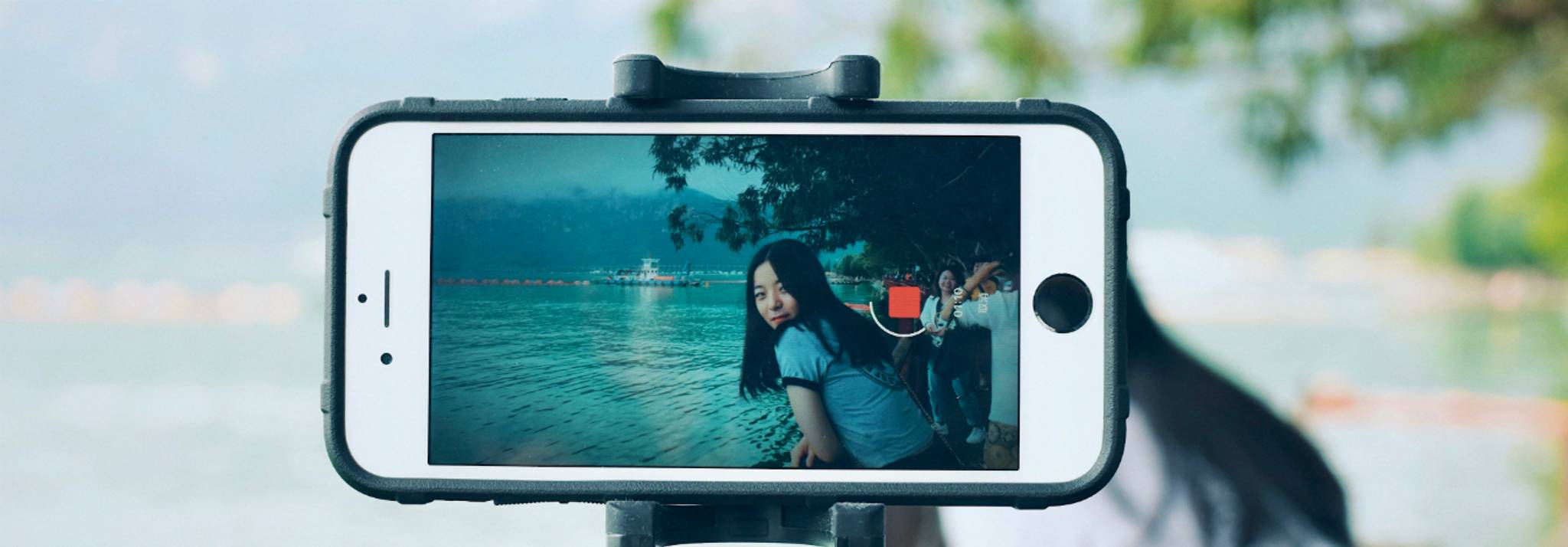
Researchers have determined which elements of a photo make people more likely to pick an Airbnb host. While some relate to physical appearance, photo quality is also important. We explore the insights behind this and how sharing economy brands may help reduce bias by giving instructions on how to take a ‘trustworthy’ profile shot.
An analysis of 320 Airbnb listings in Stockholm sought to identify which factors contribute most to 'visual trustworthiness'. The researchers from the Hebrew University of Jerusalem looked at both the hosts' physical characteristics and the image quality to find out what impacted their perceived trustworthiness.
They discovered that women were considered more trustworthy than men, as were older hosts and those who were smiling or seen as more attractive. However, photo factors also played a part, with high-quality and multi-person shots faring better than blurry or solo pictures. "Visual trustworthiness is king in the Airbnb arena. Hosts who are perceived as trustworthy enjoy higher prices and more frequent rentals than do hosts with less-trustworthy photos," says Professor Aliza Fleischer, co-author of the study.
Even though the study found that 68% of people smile in their Airbnb profile photo, many online users may be unaware of how powerful this simple change can be. In fact, the researchers were surprised to see just how few properties that were run by people of both genders featured a profile picture with the woman in it, having found that the most effective Airbnb profiles feature a smiling, elderly lady in a high-resolution, multi-person shot.
The study aligns with previous research which has shown that people make judgements on how likable, competent, and trustworthy a person is within a second of seeing their face. And the prevalence of visual media online means that more and more weight is being put on appearance alone, with these judgements determining whether people are willing to ride in a cab, stay in a house, or even go on a date. With this in mind, brands focused on peer-to-peer interactions may take steps to reduce biases by letting users create avatars or simply by giving instructions on how to take an effective picture upon signing up. For example, Vestiaire Collective cleans up photographs of pre-loved clothes on its site before posting them.
Isabel Evans is a junior behavioural analyst at Canvas8. Fascinated by how and why people do things, she has an MSc in cognitive and decision sciences from UCL. You can often find her drinking endless coffees, running around Regent’s Park, or delving into a book.
